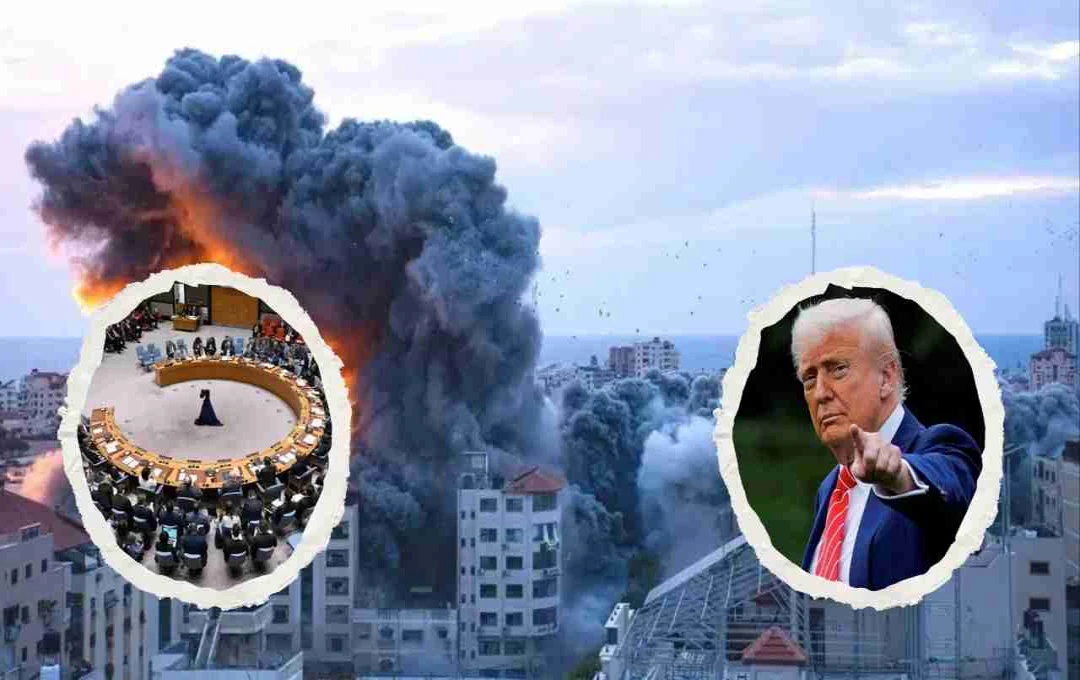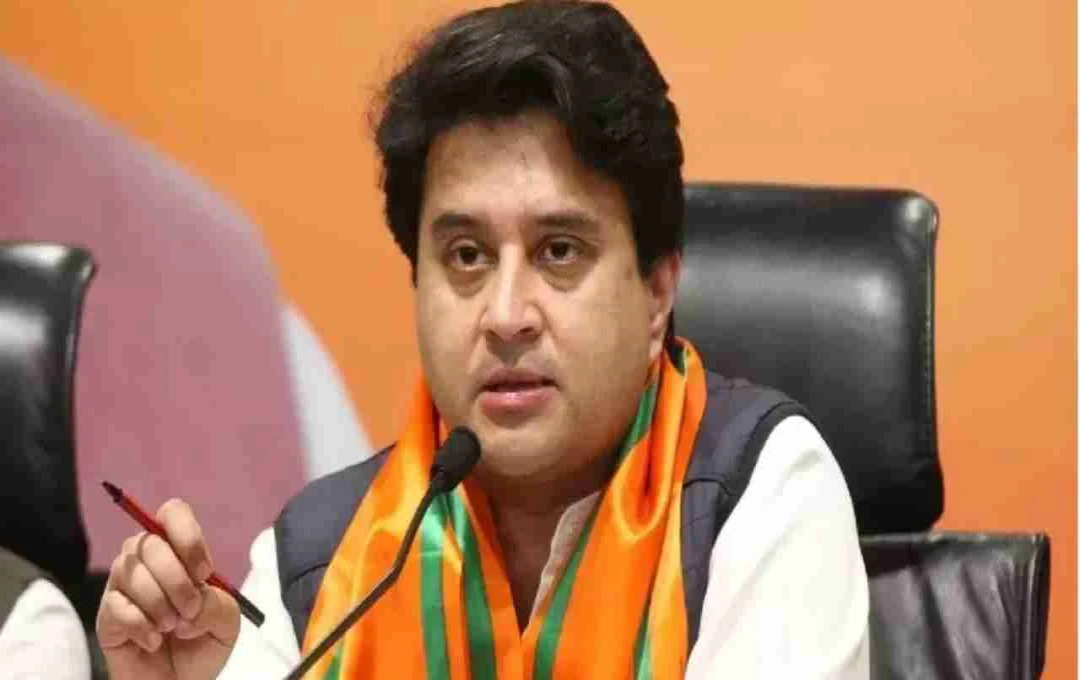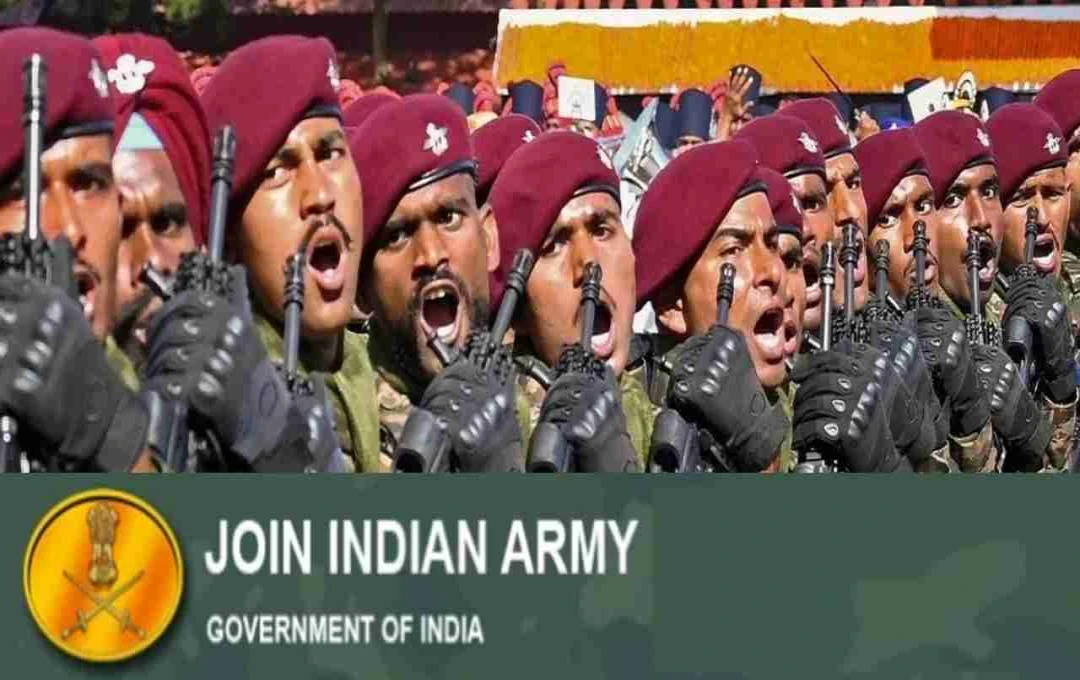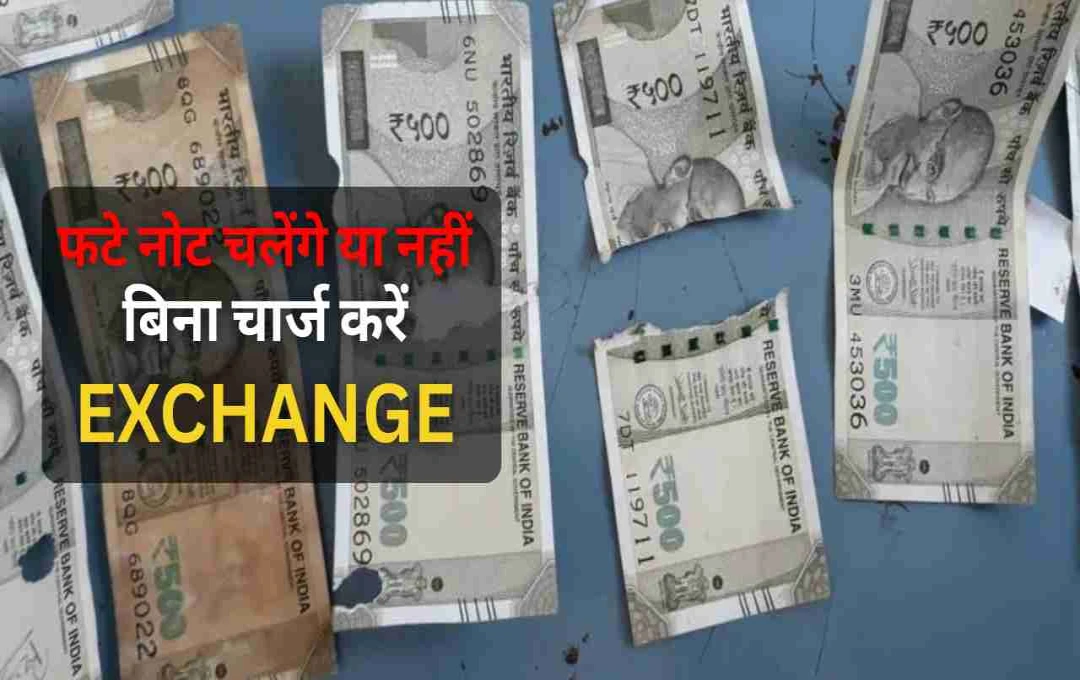The United States once again wielded its veto power in the United Nations Security Council, derailing global efforts to halt the brutal conflict in the Gaza Strip. A resolution calling for an unconditional ceasefire was presented at a meeting on June 5th, 2025.
Israel-Hamas War: The ongoing war between Israel and Hamas has caused widespread devastation in the Gaza Strip. Considering the international humanitarian crisis, the UN Security Council (UNSC) voted on a resolution on Wednesday demanding an immediate, unconditional, and permanent ceasefire in Gaza. The resolution was supported by 14 out of 15 member states, but the United States vetoed it.
What was the resolution's objective?
The resolution presented to the UN Security Council aimed to address the escalating humanitarian crisis in Gaza and prevent further loss of innocent lives. It called for an immediate, complete, and unconditional ceasefire. Furthermore, the resolution emphasized the uninterrupted supply of humanitarian aid, the protection of civilians, and the prioritization of reconstruction.
However, the resolution did not specifically condemn Hamas or demand its disarmament, a point of contention for the US, which used this as justification for its veto.
The US Veto and its Rationale
US representative Dorty Shea stated in the Security Council that they could not support a one-sided resolution that gave a free pass to the terrorist organization Hamas. The US would not support such a resolution unless it included explicit condemnation of Hamas and a condition for its disarmament. While this stance aligns with US strategic policy, it is being viewed globally as a moral failure.
Strong Global Backlash
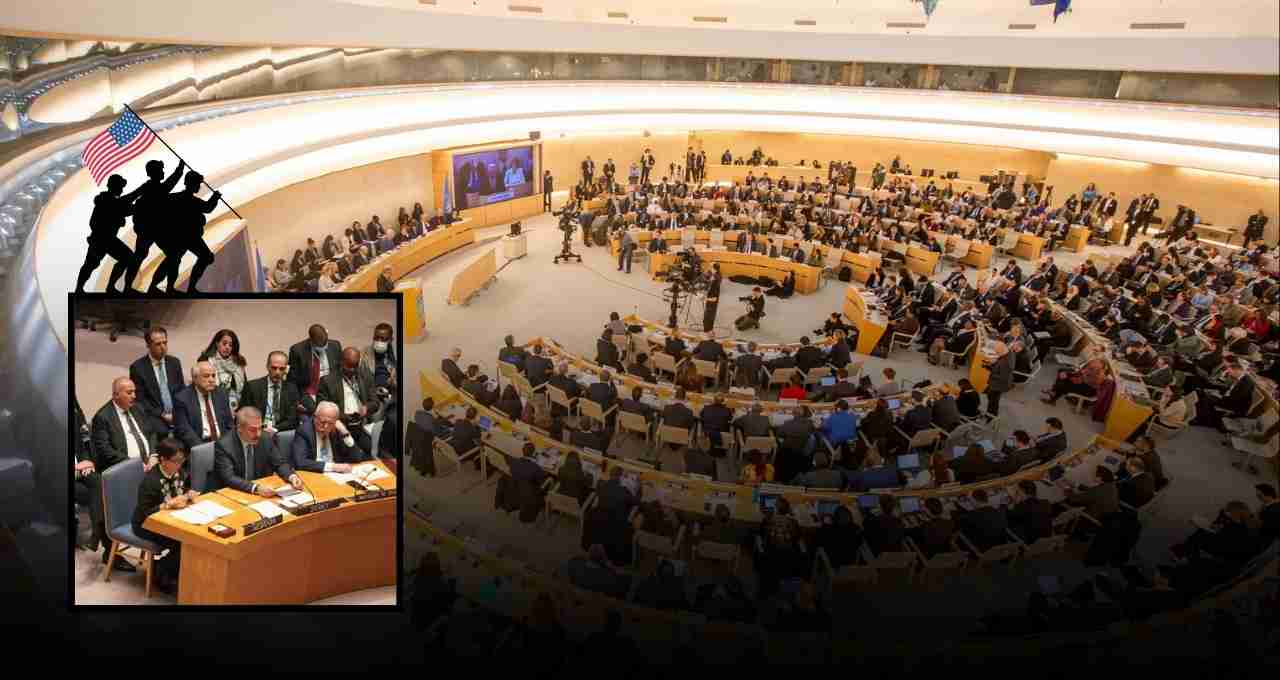
Following the US decision, several countries and organizations expressed b disapproval. Chinese Ambassador Fu Kang stated that this veto was the death knell for the last hope of the people of Gaza, characterizing it as a direct violation of human rights. France warned that the decision would exacerbate instability and humanitarian tragedy in the region. Temporary member states such as Brazil, Malta, Switzerland, and Ghana also questioned the US veto policy.
Gaza Situation: A Humanitarian Catastrophe
The ongoing war in Gaza has created a devastating humanitarian crisis. According to the Palestinian Ministry of Health:
- Over 54,000 people have been killed, with more than 60% being women and children.
- Basic services such as water, electricity, and healthcare have completely collapsed.
- Hundreds of schools, hospitals, and refugee camps have been reduced to rubble.
- UN agencies report that over half of the approximately 2 million people in Gaza are suffering from severe malnutrition and infection.
Questioning America's Double Standards
A major point of contention is America's seemingly contradictory strategy. Recently, the US conducted confidential negotiations to secure the release of an American citizen held by Hamas. At that time, US officials considered Hamas a "immediately negotiable party," yet vetoed the UN resolution that overlooked them. Human rights organization Amnesty International described the US action as prioritizing political interests over human rights.
Veto Power: A Democratic Impediment?
The five permanent members of the UN Security Council – the US, Russia, China, France, and the UK – can veto any resolution. This power gives them unique influence, but when a veto opposes humanity, the relevance of the entire institution is called into question. Experts believe the system needs reform as it frequently renders global consensus ineffective.
Although the US veto blocked this resolution, other countries have indicated their intention to pursue the matter through diplomatic channels. Egypt, Turkey, and some European Union member states are now working on a plan to secure a ceasefire in Gaza through a humanitarian alliance. India has also appealed for a ceasefire, emphasizing the need to prioritize the protection of innocent civilians in its balanced statement on the matter.
